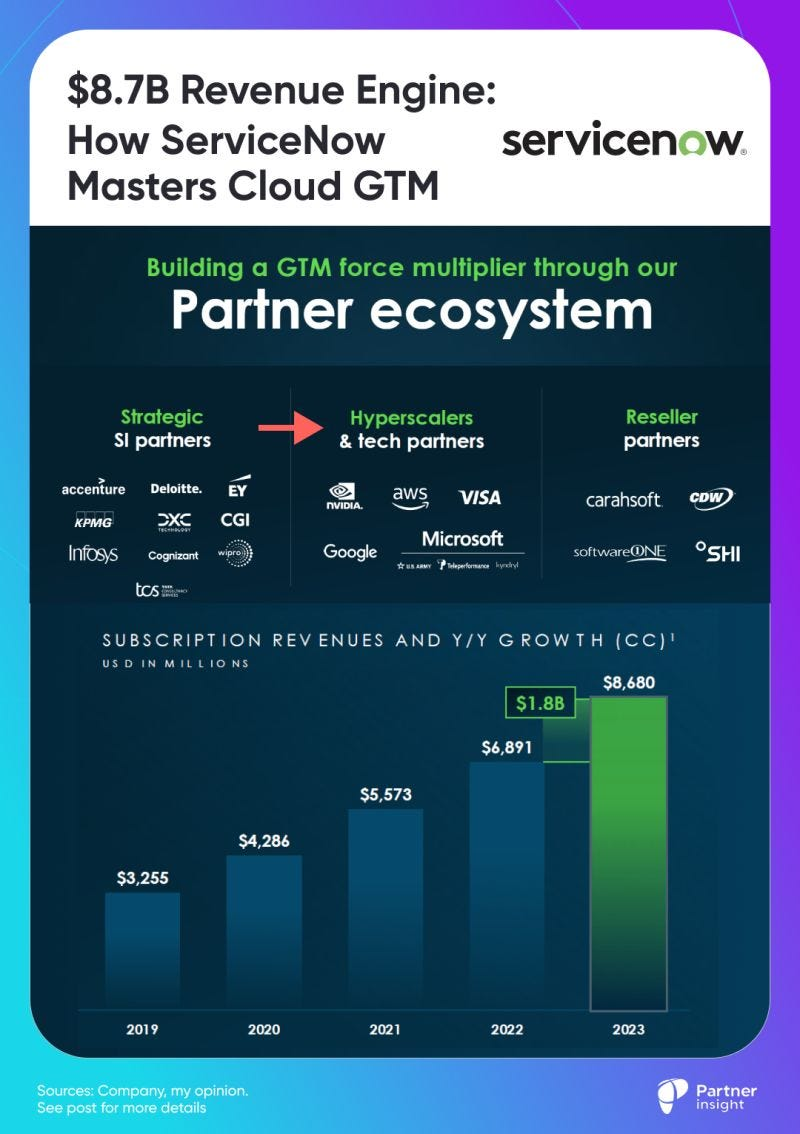Why channel partnerships can be a lucrative way for startups to get an edge in the market
- May 22, 2023
- 2 min read
Andreessen Horowitz: “Channel partnerships can be a lucrative way for startups to get an edge in the market, 💎 and they can add to investor conviction when assessing #growth, efficiency, and repeatability of the company’s go-to-market motion.”

💡 #Partnerships are getting increasingly important:
Point solution fatigue is driving enterprise buyers to consolidate vendor relationships, inadvertently raising barriers for direct startup sales
In recessionary market environment, startups need to maximize commercial operations efficiency – channel partners could hold the key.
“Channel partnerships can add a lot of complexity to how your company goes to market, and they can take months to years to operationalize. Yet, they can be a powerful and efficient accelerant for your company.”
🎯 Why sell via #channelpartners?
Access - 54%
Channel partners unlock expenditure pools that might be unreachable for startups, either due to entrenched buying habits or insufficient startup brand equity.
Cost - 27 %
The financial burden and resource commitment required to build a direct channel to a specific market segment might compel startups to deprioritize direct in favor of partnerships.
Speed - 20%
Channel partners often offer a faster route to market, which is crucial when the importance of quickly outmaneuvering competitors surpasses importance of sharing revenue or less direct end-customer relationships.
✔️ Executing partnerships
Identify who are you trying to reach: both the market segment and buyer persona.
Understanding the best way to reach them: how these buyers actually purchase solutions like yours, do they already have relationships with channel partners for your category of product?
Choosing the right partner(s) is crucial. They should have a deep understanding of your customers – their motivations, buying habits, key decision makers, and past experiences with other vendors. It's essential that the partnership is mutually beneficial, or your product might be sidelined.
⛔️ Evaluate and manage risks of channel partnerships
Partner concentration: Are you overly reliant on a single channel partner for more than, say, 30% of your revenue?
Margin impact: Partnerships must ensure profitability over time. An arrangement where channel support cost matches your direct sales outlay would warrant a second look.
Weak product feedback loops: The strength of your team's relationships with customers and end users is vital. Weak connections may compromise product insights, jeopardize retention and renewals, and limit upsell and cross-sell opportunities.
Channel conflicts: Depending on your channel partner's sophistication, they could become direct competitors. Solid customer loyalty and channel diversification are crucial aspects of your defensibility strategy.
👍 Follow for more data-driven insights on partnerships.



Comments